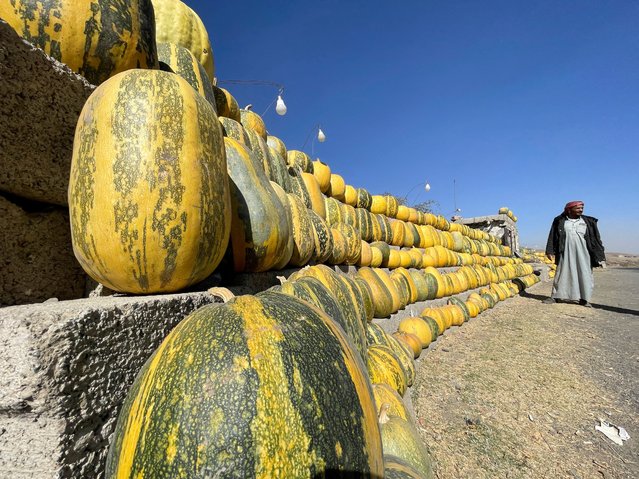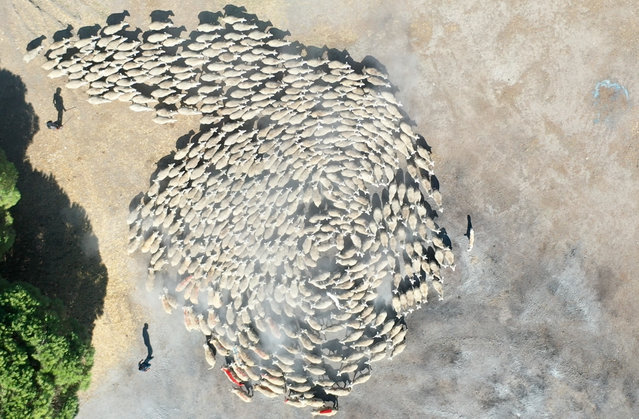
A young migrant runs through the Peace Oasis of the Holy Spirit Amparito shelter where migrants sleep on the floor on mats in Villahermosa, Mexico, late Friday, June 7, 2024. After the head of Mexico's immigration agency ordered a halt to deportations in December, migrants have been left in limbo as authorities round up migrants across the country and dump them in the southern Mexican cities of Villahermosa and Tapachula. (Photo by Felix Marquez/AP Photo)
16 Jul 2024 03:57:00,post received
0 comments







